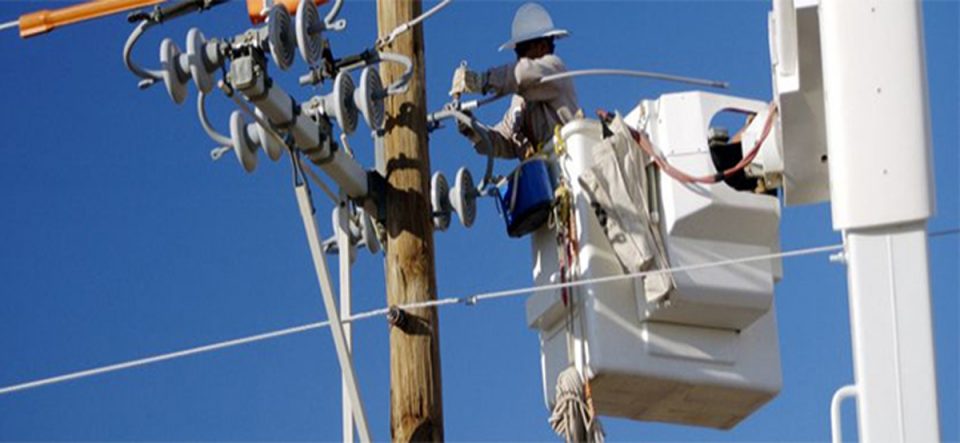The Nigerian Electricity System Operator (NESO) in its latest electricity generation data report, indicates that the sector generated a total of 4,730.93MW while there was an increase in unutilised generation to the tune of 1,390.5MW.
NESO attributed the poor energy generation statistics to the constraints in the sector, stressing that while daily generation averaged 4,601.33MW, a total of 10,106.8MW cannot be generated due to the transmission, gas, and distribution constraints in the sector.
Presently 97 million people in Nigeria don’t have it since they are not connected to the national grid yet.
The fortunate millions who are connected, have in the last five years shared a meagre 3,680 megawatts (MW) available to the national grid. In some cases, data show that their supplies are just enough to power lightbulbs but never enough to turn fans and run simple household machines. Some pay for this terribly poor supply; others simply steal it or decline to pay.
From the bright, radiant lightbulbs that help schoolchildren study more, to the complex machines that run economies, the impressions electricity leaveson people’s daily lives are enormous and striking.
Power Firm Closes $8.5m Investment Deal With All On, Others
It is often explained as the foundation for contemporary civilisation; airports run on its power, industries rely on its strength, health centres look to it to overcome diseases and people expect that it will keep their homes comfortable for living.
In 1879, when Thomas Edison displayed an incandescent lamp for the first time in Menlo Park in New Jersey, he perhaps intended for it to make impressions on societies, but maybe not as profound as becoming the bedrock of modern progress.
Nevertheless, researchers in the natural sciences and economy as well as anthropologists have engaged with and highlighted the mutual relationship between electricity and societies; they have mostly played up the value of energy security and how societies often leverage electricity from diverse sources – solar, fossil fuel, wind, hydro – to transform their fortunes.
Nigeria, a country of about 180 million people, has most of these electricity sources endowed to it but data show that it has failed to leverage them for its progress.
In a recent report of the World Bank, the country on the back of its unreliable electricity supply, loses N10.1 trillion or about two per cent of its Gross Domestic Product (GDP) yearly.
Similarly, out of the 190 countries the bank surveyed another report to determine their level of access to electricity, it ranked Nigeria 171 globally and 33 among 46 Sub-Saharan Africa countries.
The bank explained that 97 million people or 47 per cent of Nigeria’s population today do not get electricity from the national grid. These people it said rely mostly on battery-powered torchlights and fuel generators to electrify their homes and offices. The country, it added has the largest electricity access deficit in Sub-Saharan Africa and the second largest in the world, after India.
“For the bottom 40 per cent, access to grid electricity is lower at about 31 per cent nationwide.
“The average annual per capita electricity consumption of Nigeria is 147kWh, which is a fifth of the average low middle-income country consumption,” the World Bank said of Nigeria’s electricity situation.
It further stated that: “Of the households connected to grid electricity, most experience blackouts daily, as well as frequent voltage fluctuations. As a result, 40 per cent of households with access to electricity use generators and many rely on other non-grid sources such as solar home systems, solar lantern/ lighting systems, rechargeable batteries.
“Low income-households resort to candles and flashlights for lighting and firewood for cooking, which are inefficient and potentially harmful to their health and the environment.”




